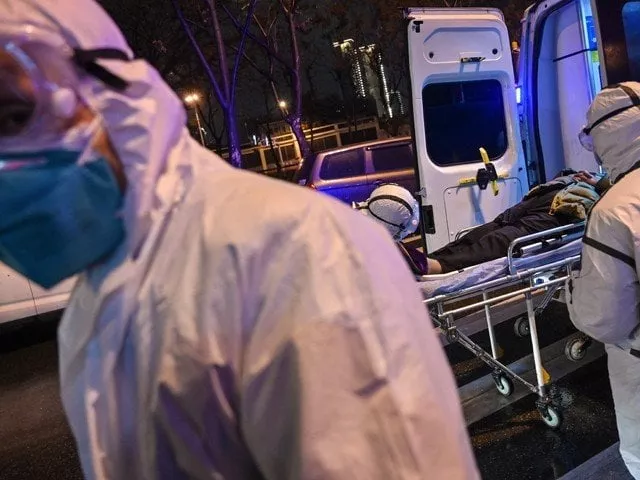Lessons from the US
We are in this together and offer to each other across geographic, religious, ethnic and political divides
Split between two worlds — Pakistan and the US — I am bound to compare the responses to the Covid-19 pandemic. Every day I look with horror at the utter lack of leadership, scientific ignorance and minimal concern for public health here in the US by the President. At the same time, I am trying to keep abreast of the happenings in Pakistan, not just through media but by talking to friends, family and those in the infectious disease community. Today, the numbers in Pakistan are a fraction of what they are in the US. Whether these numbers are due to limited testing or truly are that small is something we do not know fully — but there are many commonalities between the two. Testing in both countries has been painfully slow. While celebrities are able to get tested at home, the common person has little chance to get tested. In both countries, the federal government and the regional governments have not been in sync. Regional governments (provinces in Pakistan, and states in the US) have been more proactive and transparent. The largest cities in both countries have been hit the hardest and citizens have shown a concern for those whose livelihoods have been hit. A lot more could and needs to be done. Physicians have been heroes, but so have been nurses, technicians, janitors and everyone who is keeping people alive.In both countries, conspiracy theories are abundant. In Pakistan, they are of the form of a grand conspiracy to kill Muslims and Pakistanis; in the US the pro-Trump group argues there is a grand conspiracy to undermine the great presidency.
There is not much need to talk about differences since they are usually less relevant. What is more useful is a discussion of lessons. Some from Pakistan and some from the US.
So far the lessons from the US are largely about what not to do. The US story is about poor preparation, dismissing the threat until it was too late and raging chaos in multiple agencies all the way to the top. That chaos, unfortunately, has not fully ended and is unlikely to subside with the current administration. But there are some positive lessons as well for Pakistan. Universities, particularly engineering departments, have sprung into action to meet local needs for ventilators and personal protective equipment. I recognise that Pakistani universities may not have the same resources, but they have been dormant in their effort to help the frontline staff. The industrial sector, while nascent in Pakistan, has been quiet too. In the US, public libraries and a national non-profit effort called National Emergency Library has made over a million books available to those wanting to read while at home. US religious institutions have also been in sync with the local government mandate — an issue that continues to be painfully thorny in Pakistan.
For the US, Pakistan may not be a country that immediately comes to mind when they want to learn lessons, but that hubris does not mean that Pakistan does not have much to offer. At this time, Pakistan has argued for regional cooperation and humanitarian support of all, including adversaries, something the US should pay attention to. In Pakistan, the government took some bad decisions that have not played out well (e.g. the Taftan quarantine) and has reluctantly accepted its errors. The US has not. The President famously remarked “I do not take any responsibility”. Pakistan has not set a date for “opening up”, and neither should the US.
My biggest hope comes from the optimistic in me — that we all recognise we are in this together and have plenty to learn and offer to each other across geographic, religious, ethnic and political divides.
Published in The Express Tribune, March 31st, 2020.
Like Opinion & Editorial on Facebook, follow @ETOpEd on Twitter to receive all updates on all our daily pieces.


COMMENTS
Comments are moderated and generally will be posted if they are on-topic and not abusive.
For more information, please see our Comments FAQ